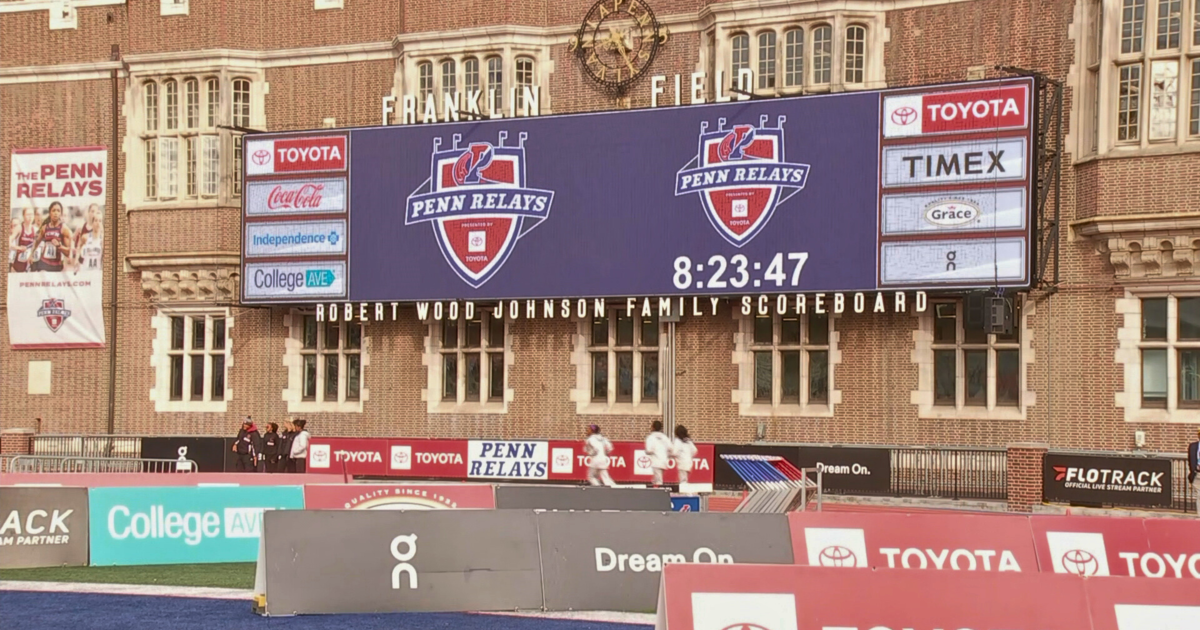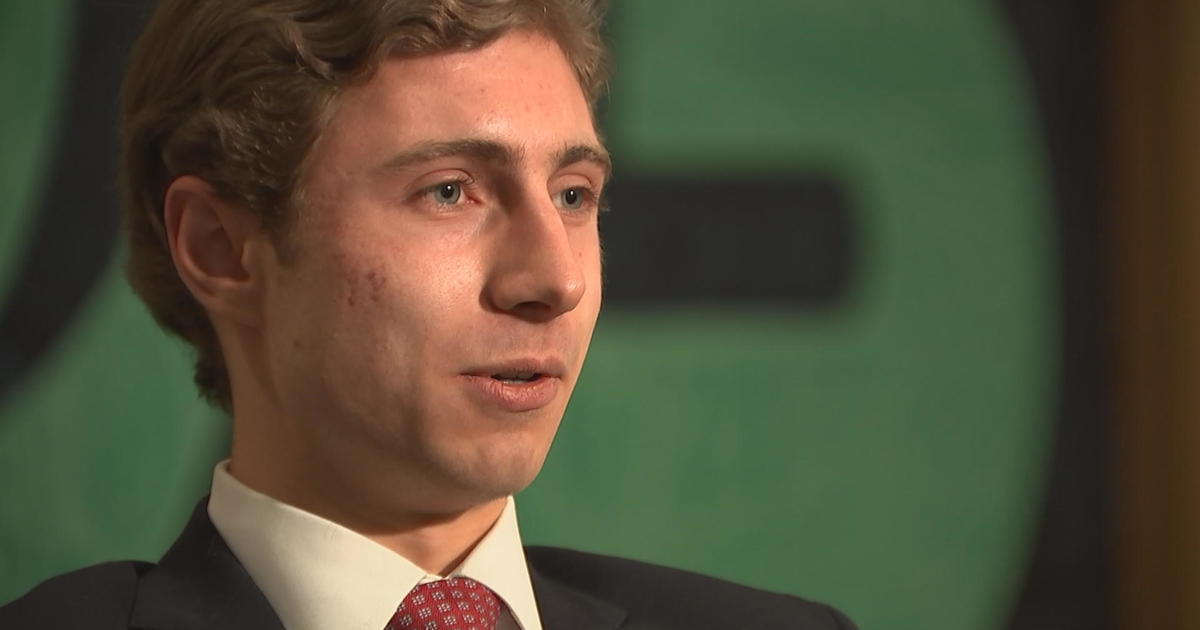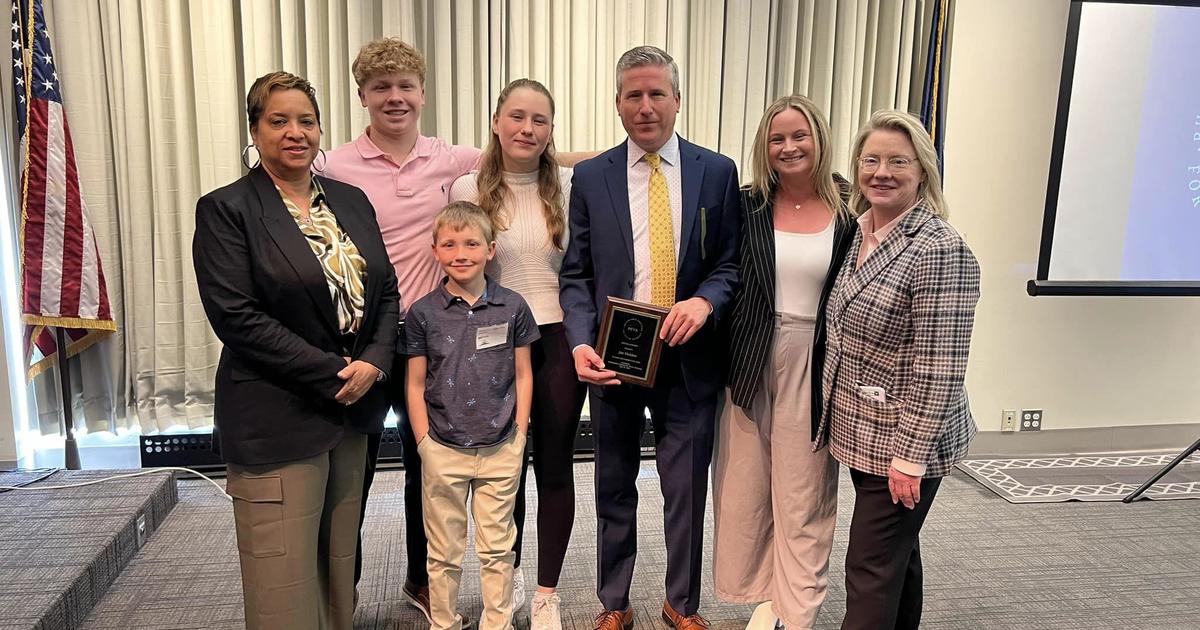Bleak Road Ahead For Philadelphia School District
By Ben Simmoneau
PHILADELPHIA (CBS) - The road ahead for the School District of Philadelphia looks as bleak as ever after the release Thursday of the findings of an independent consultant.
At the top of the list of recommendations: the district should close between 29 and 77 schools over the next five years.
The Boston Consulting Group spent months looking at the way the district is run and came up with several recommendations to help it clean up its financial mess. The district is still facing a deficit of more than $200 million for the upcoming school year and a $1.1 billion deficit over the next five years.
The consultant found the district has far too many empty desks and needs to close dozens of schools to increase the percentage of desks filled, getting that figure closer to 85 or 90 percent.
The vacancies will only grow over the next five years, by which time as many as 40 percent of the district's students will be educated by charter schools.
The Boston Group found that each charter student costs the school district an additional $7,000 per year because it must pay the charter school but is also paying for an empty desk in a public classroom.
The findings mirror much of what the district has already announced – including the closing of 60 schools over the next five years – because the district's decisions were based on the Boston Consulting Group's work.
The district is releasing the group's full findings now, however, in the interest of full disclosure.
"It's going to be difficult. We have no illusions of this," said Chief Recovery Officer Thomas Knudsen. "We are now beginning this process. We will be out in the communities."
Knudsen says no list of closures has been compiled, and the schools which will be closed will be determined with community input.
Starting August 15th, the district plans to begin a series of community meetings across all the various geographical regions of the city to get feedback.
The Boston Consulting Group also suggests that central office staff become more like "portfolio managers," overseeing a mix of charters and public schools.
It suggests that the remaining public schools left be broken into sub-districts with largely autonomous control, reporting mainly to the School Reform Commission.
Only support services like food, transportation and maintenance would be provided by the central office.
Those sub-districts could be run by contractors – either nonprofit entities or district employees who bid on the management.
"This SRC is taking a position that a decentralized approach that provides for services closer to the student, provides for decision making closer to the student and their families would be a more viable model than the one we have right now," says Knudsen. "The whole focus now will be on the schools not on central headquarters. It will be on the principal and the teacher as the unit of measure."
That worries some, like Gerald Wright of Parents United for Public Education. He has two daughters in Philadelphia public schools and is concerned that whoever takes over the sub-districts would actually be less accountable to parents. Their contracts would be with the School Reform Commission.
"We're going to enter into contracts?" Wright said. "How are we going to have accountability when I [as a parent] can't hold anybody accountable?"
The Boston Consulting Group also recommends the district privatize more functions, including maintenance and transportation, as a way to save money.
It also suggests overhauling the contract with the Philadelphia Federation of Teachers – the district's teachers' union – to include more detailed teacher evaluations and more district control of a teacher's school day.
They also suggest pushing the state to allow the district to let teacher performance – not seniority – factor into layoffs.
As for the recommendations, PFT President Jerry Jordan posted on his blog: "While there's plenty of tough talk about teacher work rules and changing the compensation structure, there are no thoughts about what is needed to support, develop and retain our teachers."
The study cost $4.4 million. That money came from non-district sources, including the William Penn Foundation.



